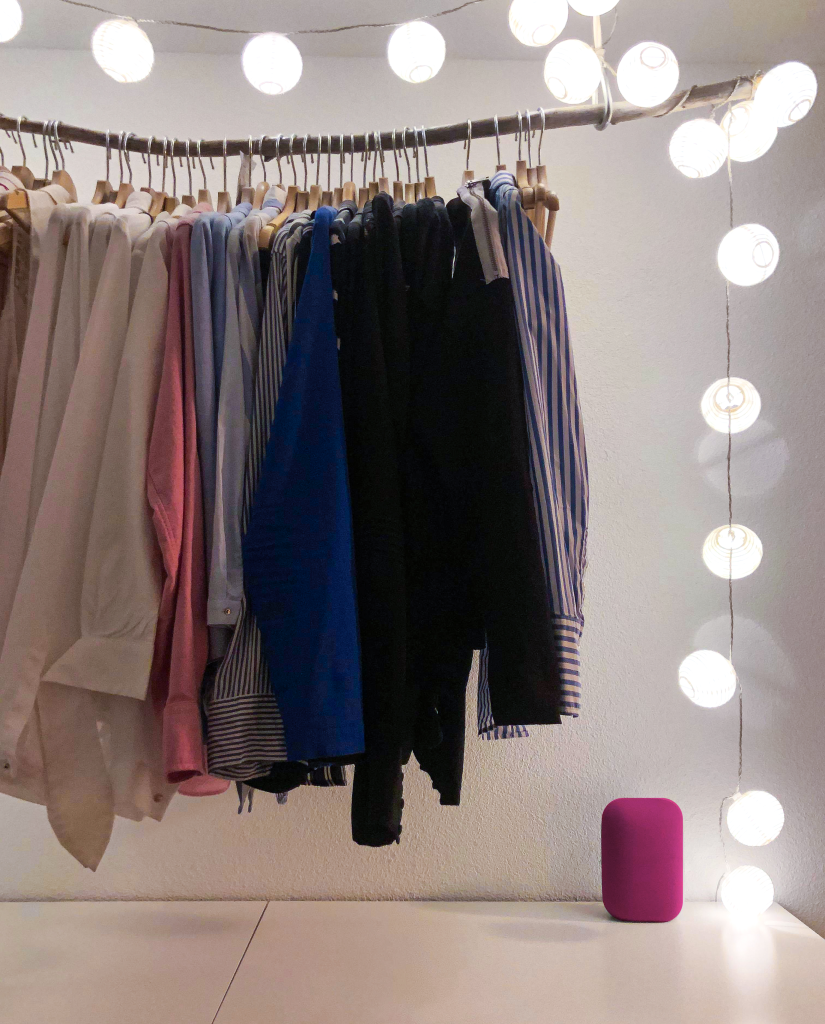How do we live in the (omni-) presence of voice assistants?
VA-PEPR stands for Voice Assistants – People, Experiences, Practices, Routines. The research project looks into how voice assistants (VAs) change our practices and routines in the home.
VA-PEPR is an interdisciplinary four-year project (01/2020 – 12/2023) funded by the Swiss National Science Foundation (SNSF) – Sinergia Program with a grant of 2.23 million CHF. It is co-led by Dr. Sabine Junginger (HSLU D&K), Dr. Ulrich Reimer (OST), Dr. Jens O. Meissner (HSLU W) and Dr. Jon Rogers (Northumbria University). The multi-disciplinary project team researches how people experience VAs in their homes and private lives, aiming to generate insights into emerging issues associated with VA use. Focusing on the home environment, user experience, and ethics, the project intends to deepen understanding of this technology. Previous studies in Switzerland have neglected user perspectives, so this research fills that gap and provides guidance for users, developers, designers, and service providers. Collaboration with the Mozilla Foundation enhances the project’s impact.


Project Phases
The phases of the study could be explained in four parts, each with a different thematic focus:
With the aim of exploring privacy, daily routines, and social interactions to understand how these technologies influence people’s lives, we conducted a series of ethnographic studies of people using VAs in their homes in 2021. Due to the COVID19 pandemic, we had to collect the data remotely. Using remote methods and tools, participants documented and shared how they interact with VAs and how the devices affect their home lives.
Students in a course on resource management were exploring and documenting ways of using VAs to be more efficient in the creativity cycle of relaxing, concentrating and creating. They found new ways of using VAs creatively, and they also explored motivations and reasons on why VAs are used or not used in practice. https://rcc.hslu.ch/
Interested have been people invited to build on their observations, experiences and insights to create new possibilities for VAs in the home during a number of speculative design workshops and as well during a new cycle of in-home studies. The aim was to formulate expectations of how VAs ought to be designed in order for them to be useful for people in everyday life at home and what VAs should not be allowed to do under any circumstances.
The results will be translated into guidelines and recommendations for the development, design and use of language assistants. Last but not least, they are intended to provide guidance on issues of legal regulation, especially with regard to the protection of users’ privacy.
